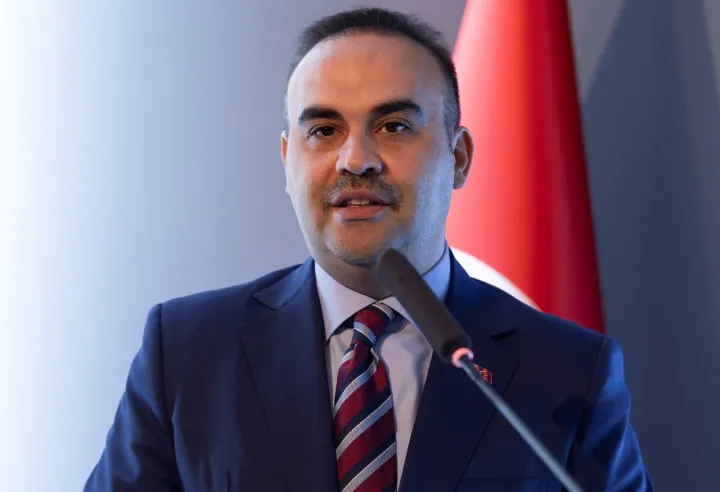The African Union (AU) has asked the United Nations (UN) to lift an arms embargo imposed on Somalia 31 years ago.
The AU says this will enable the Somalian military to provide adequate protection to citizens after the union’s peacekeeping mission exits Somalia.
AU troops in the Horn of African nation are scheduled to leave Somalia by December 2024, with the withdrawal ongoing.
Security Council imposed an arms embargo on Somalia in 1992 because of civil war and factional violence. The restriction was partially lifted in 2013 to help Somalia's security forces fight terrorism.
The requested removal of the arms embargo will help Somalia in its unrelenting fight against Al-Shabaab insurgency, Mohamed Al-Amine Souef, the head of AU’s mission in Somalia, said during a meeting with the UN Security Council in New York on Thursday.
A new Somalia
Somalian President Hassan Sheikh Mohamud is also pushing for the lifting of the arms freeze, saying the country has made a significant progress over the years in securing its borders.
“Let me state clearly: Somalia of 2023 is not Somalia of 1992. By lifting the embargo, you will empower us to assert our sovereignty, effectively combat terrorism and build a peaceful, prosperous future for our nation,” President Mohamud said during the UN Security Council meeting in the US.
The African Union Transition Mission in Somalia (ATMIS) has begun withdrawing its troops from Somalia, with the first phase of the exercise scheduled to end by June 30. During that period, 2,000 Burundian soldiers are expected to leave Somalia.
Preparations for the drawdown of another 3,000 soldiers by September 30, 2023 are underway. The second phase will include the regional forces of Djibouti, Ethiopia and Kenya.
ATMIS, which launched operations in April 2019, currently has around 19,000 peacekeepers operating in Somalia.
The mission’s boss, Souef, said there is a need for collective agreement on ATMIS’ role after its peacekeeping operation in Somalia ends.
























